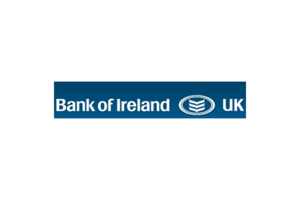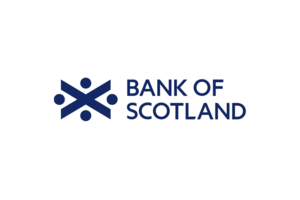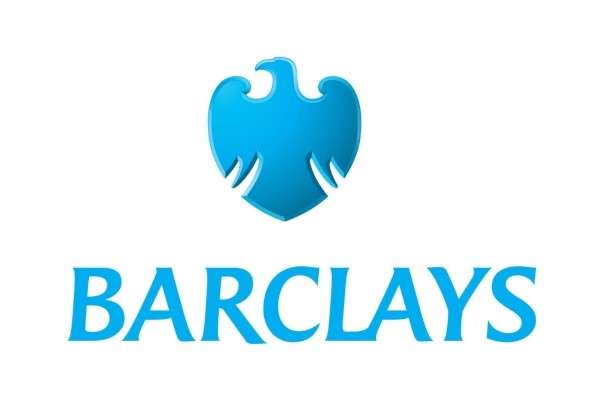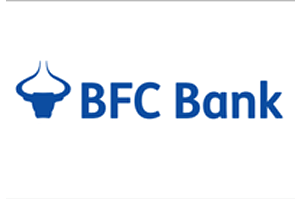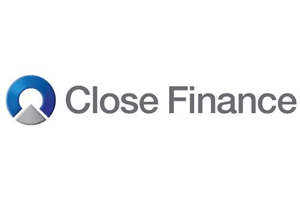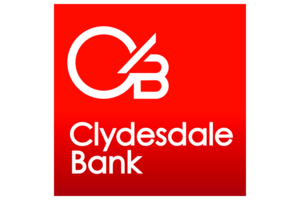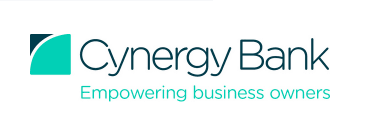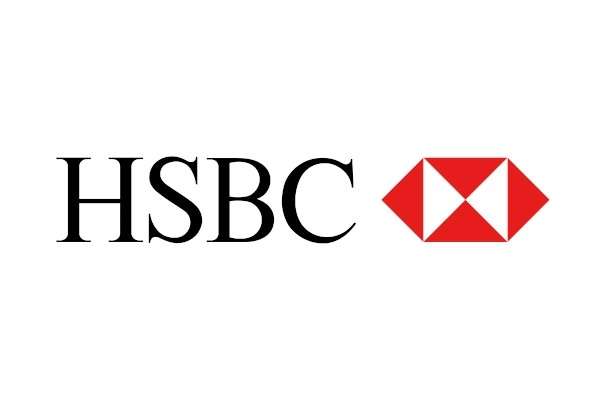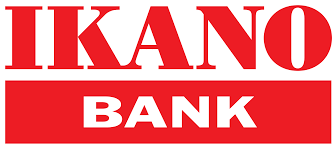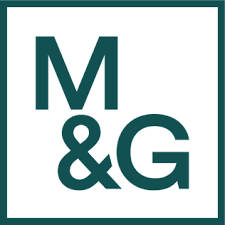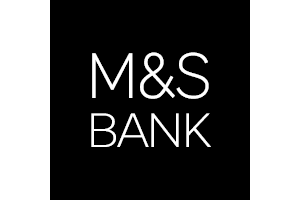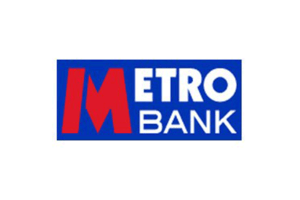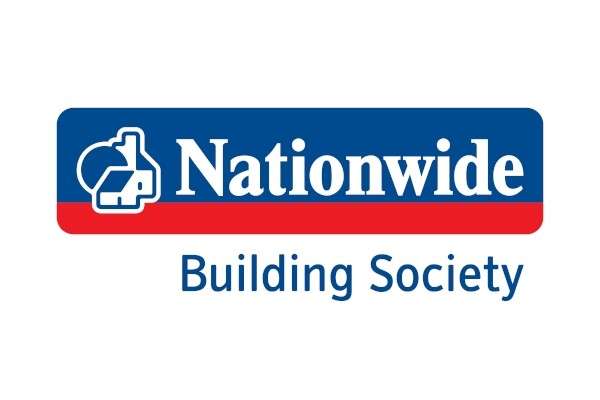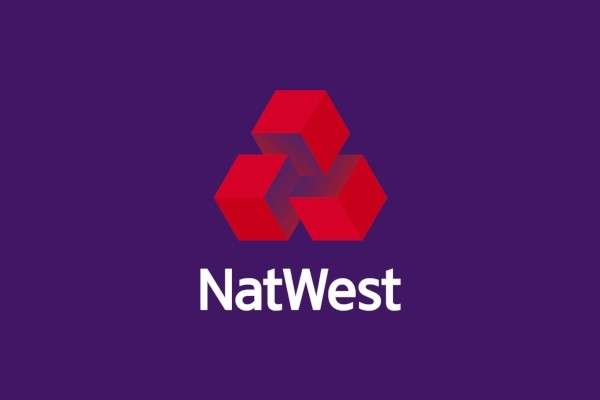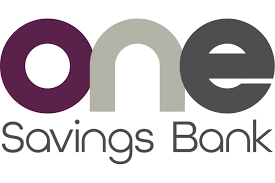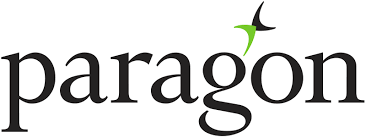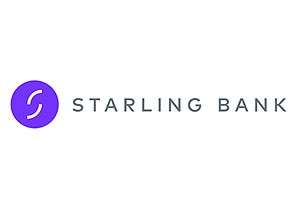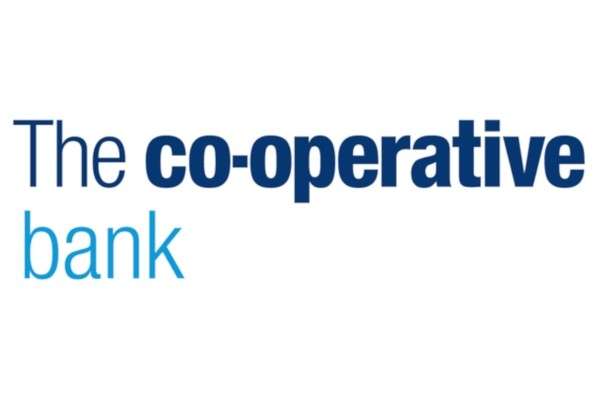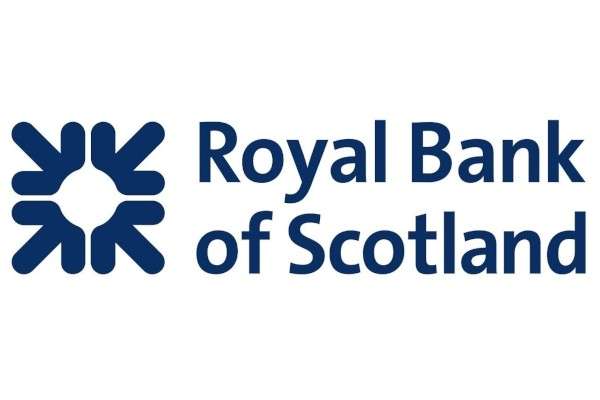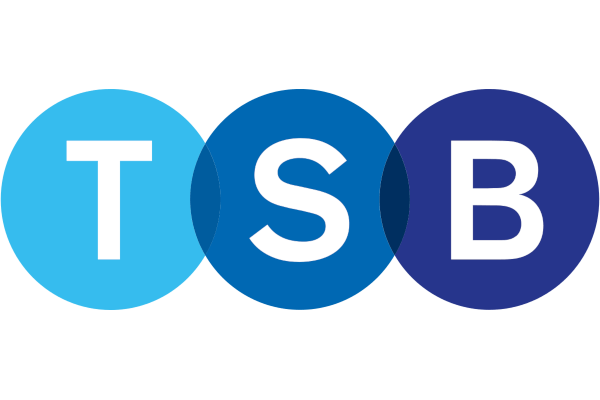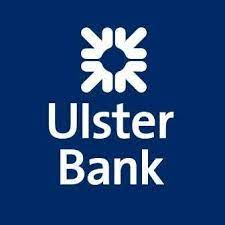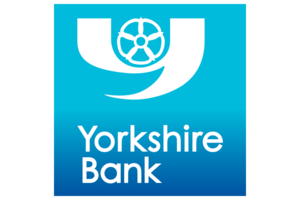Banking
Reclaim Bank Charges: How to Reclaim Unfair Charges
Has your bank ever charged you a fee that you think was unfair? Learn why and how you can reclaim bank charges with our simple guide.
What is a bank charge?
A bank charge is a fee put on an account by the bank. This can be because the bank account holder does not have a minimum balance or overdraft. This fee is also called a bank fee.
Search for a Company to begin a Claim
Why has my bank charged me?
There are many reasons why a bank will charge an account. It can be: going over an overdraft limit, attempting to make payments without funds or overdraft and charges for specific transactions.
If you believe a bank charge is unfair there are steps you can take to reclaim the charge. Here are some things to know when thinking of recovering a bank charge.
If you have had extreme overdraft charges or any other bank fees, you can try to come to an agreement with your bank or reclaim back the charge. You should start by talking to your bank. If this doesn’t help, then you can try to get free help elsewhere.
How to prevent bank charges?
The best way to avoid a nasty bank charge is to prevent them from happening or building up in the first place.
You can take simple steps such as calculating how much money is needed in your bank account to cover your costs. Try your best to keep track of your cash and manage it well in advance.
Keep an eye on your overdraft limit so that you know when you are getting near it. Find out if your current bank can help you with a suitable overdraft limit or try to find a bank that provides cheaper overdraft options.
Always remember to seek financial support and advice if you require it.
Should you try to reclaim bank charges?
If you believe that your bank charge was unfair or it has put you in financial hardship then you can try to claim it back. It is important to remember, although it takes a lot of effort to claim, it is worth it.
A bank customer has nothing to lose if they try to reclaim bank charges. It will not cost you money, and your bank should not mistreat you for complaining.
You will need some time to begin the process which will involve calling your bank or writing them letters. If you then have a case, this will be investigated for free. Your bank also should not penalise you for attempting to claim.
Am I eligible to try and reclaim bank charges?
Yes! Any customer can write or call into their bank if they believe they are owed a refund. Sometimes, banks may kindly write off any charges to valued customers.
But in 2009, a Supreme Court ruling made it harder to reclaim bank charges. If you are struggling, it is still possible even if your bank refuses you the first time.
In this case, you can go to the Financial Ombudsman Service and ask them to help you investigate your case. They will do this for free.
The Financial Ombudsman Service can help if:
- You are struggling financially because of the charge. For example, you have lost your job or are unable to pay your bills or buy things you need. This also applies to any financial hardship caused by the charge.
- The charges are very unfair in comparison to what was done. For example, your bank has charged you £30 for being £1 overdrawn.
- The charges keep increasing and do not stop. For example, if your bank charges keep putting your balance into overdraft and the overdraft then costs more each time.
How do I claim back my bank charges?
This step by step guide will guide you through the process of claiming back charges. This will help you to: decide if you should complain or not, work out how much money you might get, complain properly to your bank and write complaint letters correctly.
Should I use a claims management company?
No, you do not have to use claims management companies. Many companies will charge you for trying to make a claim. You can avoid paying them if you do it yourself following our helpful guide.
Why did your bank charge you?
Before you begin the process of reclaiming bank charges make sure you have a good claim. Being charged can be unfair and difficult but before you start to complain, understand why you were charged in the first place.
Questions to ask:
- Did I read and understand the small print?
See what terms and conditions you agreed to with your bank. These will tell you why they charge bank accounts. Knowing this will stop any shock when seeing unplanned charges.
- Am I struggling with any debt?
If you are struggling with any debt or a bad credit score, it is useful also to seek financial advice and help from your bank.
- How can I manage my money better to prevent charges?
Learning how to manage your money to the best of your ability is also a step you can take to prevent charges from coming in the future.
Answering these questions will help you moving forward, reclaiming a current bank charge and helping to prevent bank charges later on.
Who is this guide for?
This guide is for bank customers who have had many charges that have grown over a long period. If you have experienced a recent one-off cost, or have been charged by mistake, just call your bank and see if they will take it off and refund you.
Will I win my claim and be refunded?
Sadly, there is no guarantee that you will win when reclaiming bank charges. But do not be discouraged; the process is risk-free and can help difficult financial situations. Try to remain positive; many people in the past have found battling their bank a successful experience.
Reclaiming bank charges step by step:
Here are the steps that you can take when you want to start to reclaim bank charges.
- Know how much you have been charged and how much you can reclaim
The first step to recovering bank charges is to calculate how many charges you have had and how much money there is to be reclaimed.
Charges that you can try to reclaim include: charges and related spending for going above an overdraft limit, charges for bounced cheques and failed direct debits or standing orders. This was usually £35 per transaction, but now it can be from £5 up to £35.
Monthly fees for certain bank accounts such as packaged accounts are not included in this. You can try to reclaim these through a different process. Credit card charges also follow a different process when reclaiming bank charges.
You can claim back charges even if the account is now closed and has been for a few years and you can reclaim from more than one bank. There is nothing to stop you making a new claim if you’ve had a payout before, but this may show signs of money mismanagement or financial issues.
Though opinions vary on how far back you can make claims for, it is generally accepted that you can go back a few years. No matter how far back you go, you will have to prove your financial situation during the period that you are claiming for.
You can provide evidence for your financial situation by providing bank statements. Don’t worry if you have not kept your old statements because you have the legal right to gain access to them.
- Gaining access to old bank statements and collect them
Not all bank customers keep old statements from years back, but your bank should always grant you access to them.
You can try online banking and search online to see what statements are available to you first. If you need more than you can find, then you can visit your bank, call them or write them to request the dates you need the statement for.
If this does not work, under the data protection act, you have the legal right to demand the information. Be sure to ask for ‘a list of charges’ because banks can charge £10 each time you ask for statements. They have 40 days from your request to respond to you, and if they don’t, you can report this breach to the Information Commissioner.
- Write to your bank asking them for a full refund on your money
When you are ready and have collected all of your supporting information such as old bank statements, you should now contact your bank.
The best way to do this is through a formal written letter. Many sites provide help and will allow you to use their template letters when you begin writing. If you are using a template letter, don’t forget to adapt it to suit your situation. Tell your truthful story and convey how the bank charge has affected your life.
Your aim should be to get the bank to take your unique situation seriously. You can use the fairness argument – letting your bank know how their unfair charges have made your financial life more difficult. State that you will take the case to the Financial Ombudsman Service if it is not dealt with appropriately.
What happens after I have tried to reclaim bank charges?
After you have written your complaint, your bank will acknowledge it and write a letter back to you. After this, they must deal with your claim within eight weeks. There are many outcomes that you may get from your bank.
Below are a few outcomes that you may get from your bank.
- A refund
Your bank may refund your charges back in full. This can be a ‘goodwill payment’ at their discretion. This will be more likely if you have a small claim or have given sufficient evidence as to why you should be refunded.
- A partial refund
If your bank does not offer you a full repayment, they may still offer you a partial refund. For example, they may refund you for a few months’ worth of charges. This should be a reasonable and sympathetic amount that correlates to your situation.
- Rejection
The bank may reject your claim straight away. Sometimes banks reject many people with reasonable claims, and this can prevent customers from pursuing the claim further. But, do not let rejection discourage you because there are many routes that you can take further.
At times, your bank may grant you a refund but still demand that you pay off any debt that you still have with the bank. This refund should usually help with repayments. If it does not, then you can continue your case with the Financial Ombudsman Service.
Reclaiming bank charges summary
If your bank has unfairly or wrongly charged you, then you can try and reclaim these bank charges. Make sure you know all the details of your charges and begin the process of writing to your bank as soon as possible. If successful, you could be offered a partial or even a full refund for any financial hardships caused by your bank.
Related Information
Narrow down your search by choosing one of the sub-categories below:




